15 Truths Parents of Special Needs Kids Wish Everyone Understood
Families raising children with special needs face unique challenges, often met with misconceptions and unintended judgments. Daily life can be a delicate balance, filled with love and resilience but also frustration and exhaustion. Too often, outsiders overlook the realities these families navigate. By sharing heartfelt truths, we hope to foster greater compassion, empathy, and awareness. For more insights into the lived experiences of special needs families, visit Understood.org.
1. Every Child Is Unique

Children with special needs are as diverse as any other group of children—there is no single profile or path. Each child brings their own personality, strengths, and challenges, which means a diagnosis does not define who they are. Just like all children, their abilities and needs exist on a wide spectrum. Recognizing and honoring each child’s individuality is vital.
2. Progress Looks Different for Everyone

Milestones for children with special needs often arrive on their own timeline and in unique ways. For some, progress might mean using nonverbal cues to communicate, while others may find alternative learning paths that suit their abilities. Achievements that seem small to outsiders can represent enormous victories for these families. Growth is not always linear, and comparison can be misleading. Understanding this helps celebrate every step forward.
3. Unsolicited Advice Can Be Harmful

Parents of special needs children often receive advice from those without firsthand experience, which can feel dismissive or overwhelming. Even well-intentioned suggestions may overlook the complexities that families face daily. Just as only marathon runners truly understand a race’s demands, only those living these realities grasp their nuances. Listening and offering support, rather than advice, is often more helpful.
4. Inclusion Matters
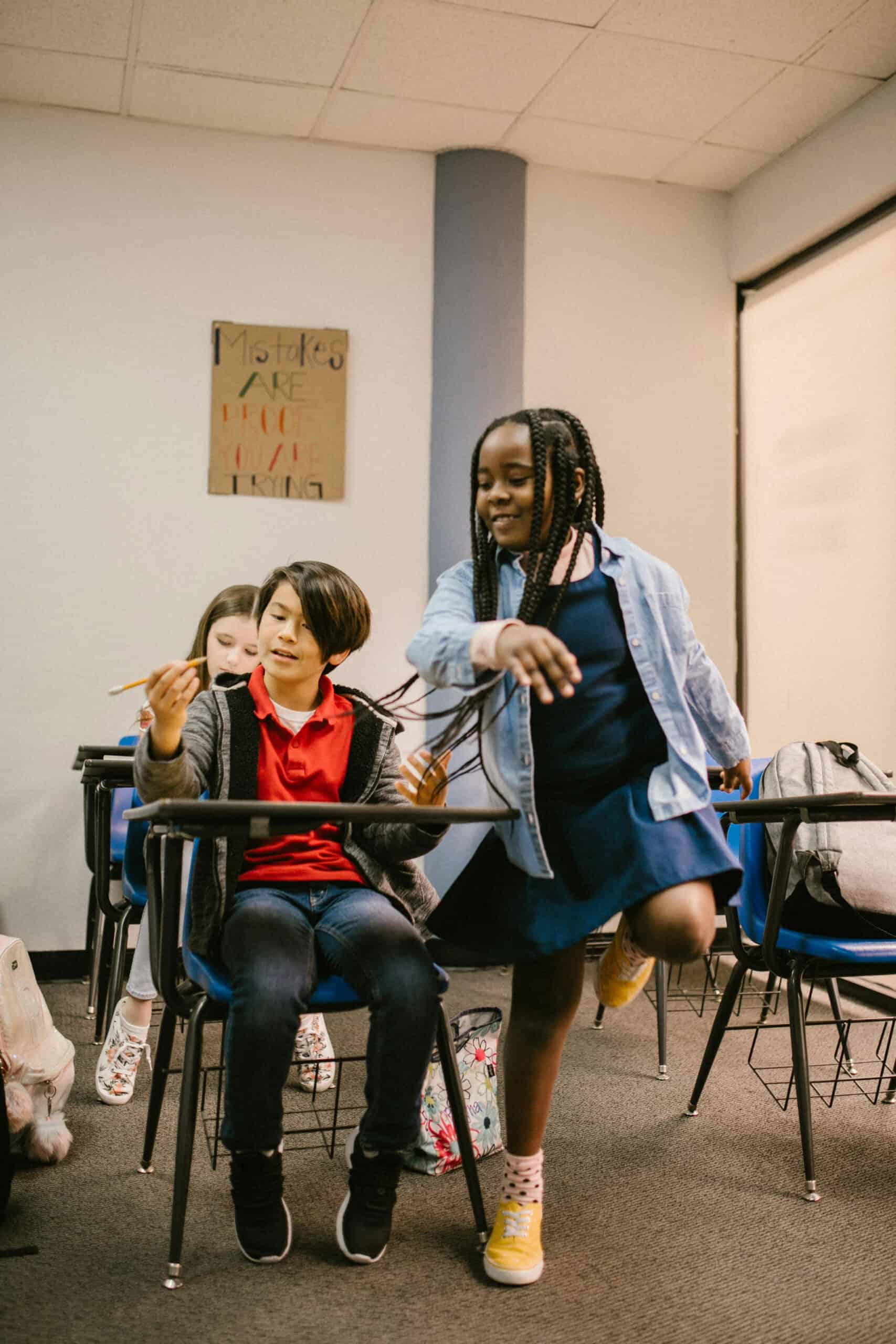
Genuine inclusion—whether in schools, playgrounds, or community events—provides children with special needs the opportunity to connect, build friendships, and feel valued. Token gestures fall short; what truly matters is meaningful participation that fosters belonging. When children are welcomed and engaged, their confidence and happiness grow tremendously. Inclusive environments benefit everyone by promoting empathy and understanding.
5. Judgement Hurts

Stares, whispers, or critical comments in public spaces can deeply wound both children with special needs and their families. These moments reinforce feelings of isolation and difference, highlighting the urgent need for empathy and acceptance. Something as simple as a warm smile or a patient attitude can make a world of difference and help families feel understood, not judged. Building a more compassionate community begins with small acts of kindness.
6. Everyday Tasks Can Be Major Triumphs

For some children with special needs, simple tasks like getting dressed, trying a new food, or attending a birthday party require significant effort and determination. These everyday activities can be as meaningful as major milestones in other families’ lives. Recognizing and celebrating these small wins is essential, as each step forward represents growth and resilience. For parents, these achievements are cause for pride and joy.
7. Advocacy Is a Full-Time Job
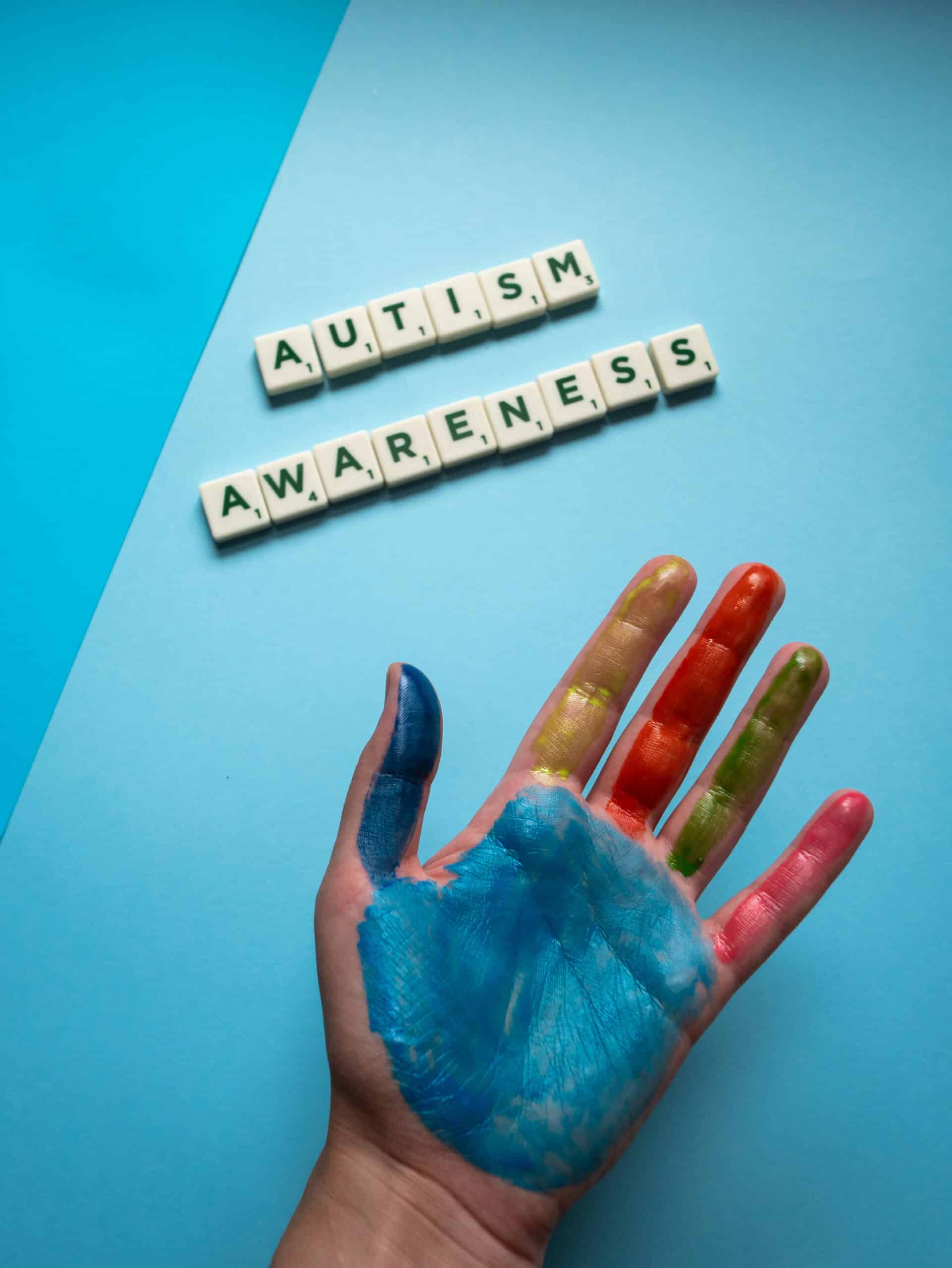
Parents of children with special needs constantly advocate for their child’s rights, whether it’s securing necessary medical care, ensuring proper educational accommodations, or navigating complex support programs. This means endless meetings, paperwork, phone calls, and sometimes fighting for basic respect and understanding. The process can be exhausting and emotionally taxing, but it’s essential to ensuring their children receive the services and opportunities they deserve.
8. Siblings Have Their Own Challenges

Siblings of children with special needs often face unique emotional and practical challenges. They may feel overlooked as parents devote extra attention to their brother or sister, or they might take on caregiving responsibilities beyond their years. Family dynamics can be complex, making it crucial to recognize and support the needs of all children in the household.
9. Not All Disabilities Are Visible

Many disabilities, including sensory processing disorders or learning differences, are not immediately apparent to the outside world. Unlike visible disabilities, these challenges can go unrecognized, sometimes leading to misunderstanding or lack of support. It’s important to remember that just because you can’t see a disability doesn’t mean it isn’t there. Greater awareness and sensitivity can ease the burden for families and children facing invisible obstacles.
10. Grief and Joy Coexist

Parents of children with special needs often navigate a complex mix of emotions. There may be grief for the expectations or milestones that look different from what they once imagined, yet profound joy in every unique achievement their child makes. For instance, a first word spoken after years of silence or a smile during a tough day can bring immense happiness. These feelings don’t cancel each other out—they coexist.
11. The System Isn’t Always Supportive

Families of children with special needs frequently encounter significant barriers within healthcare, education, and public services. While the ideal is a seamless support system, real-life experiences often involve long waitlists, denied services, or inadequate accommodations. These challenges can make accessing essential resources a constant struggle. The gap between what should be and what actually is underscores the need for systemic change and greater public understanding.
12. Friendships Can Be Hard to Find
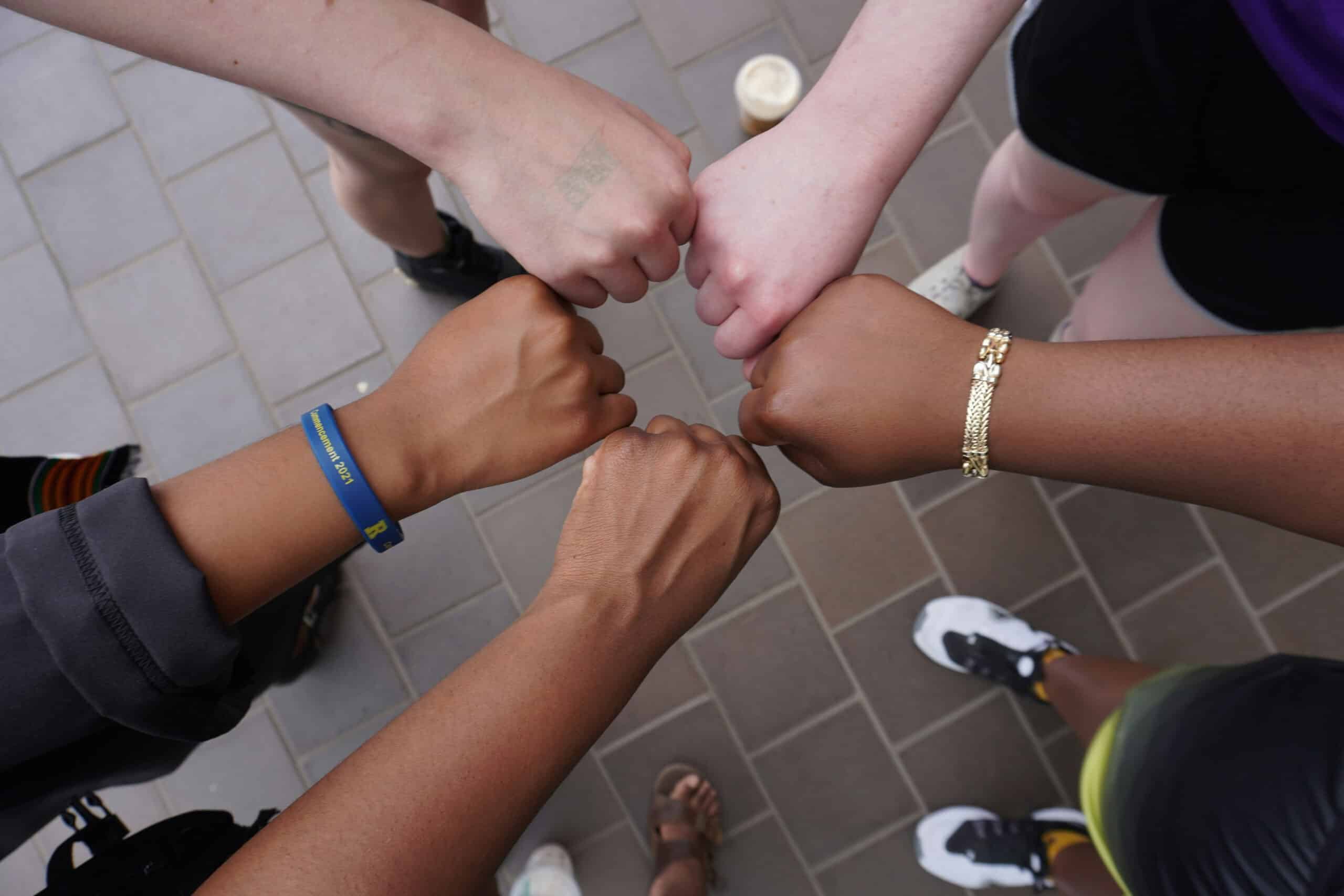
Building and maintaining friendships can be challenging for children with special needs, especially when communication or behavioral differences are present. While many children easily connect with peers, those with special needs may struggle to interpret social cues or join group activities. This can lead to feelings of isolation for both the child and their family. Supporting inclusive friendships makes a meaningful difference.
13. Patience Is Essential
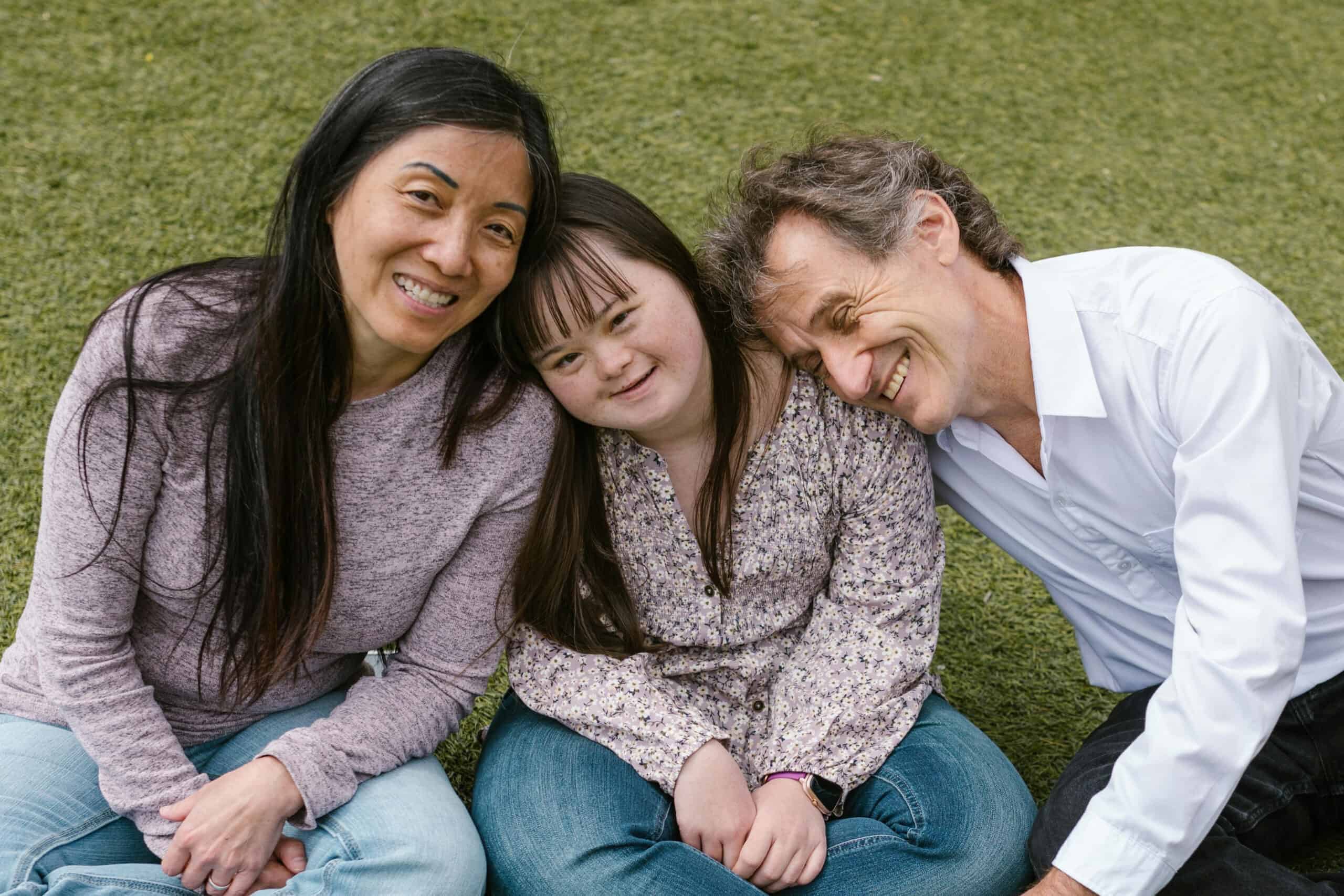
Patience is a cornerstone for families of children with special needs, as routines, learning, and social interactions often require more time and repetition. Parents practice this daily, but community patience is equally important—whether waiting for a child to process instructions or supporting them through a meltdown. Just as we wait for a friend to heal or a child to learn to ride a bike, extending patience here fosters growth and comfort.
14. There’s No One Right Way

Parenting a child with special needs is not a one-size-fits-all journey. Each family must find their own path, whether it’s choosing therapies, educational settings, or daily routines. What brings success for one child may not suit another, even with the same diagnosis. Respecting and supporting diverse decisions helps families thrive without judgment.
15. Love Is at the Center of It All
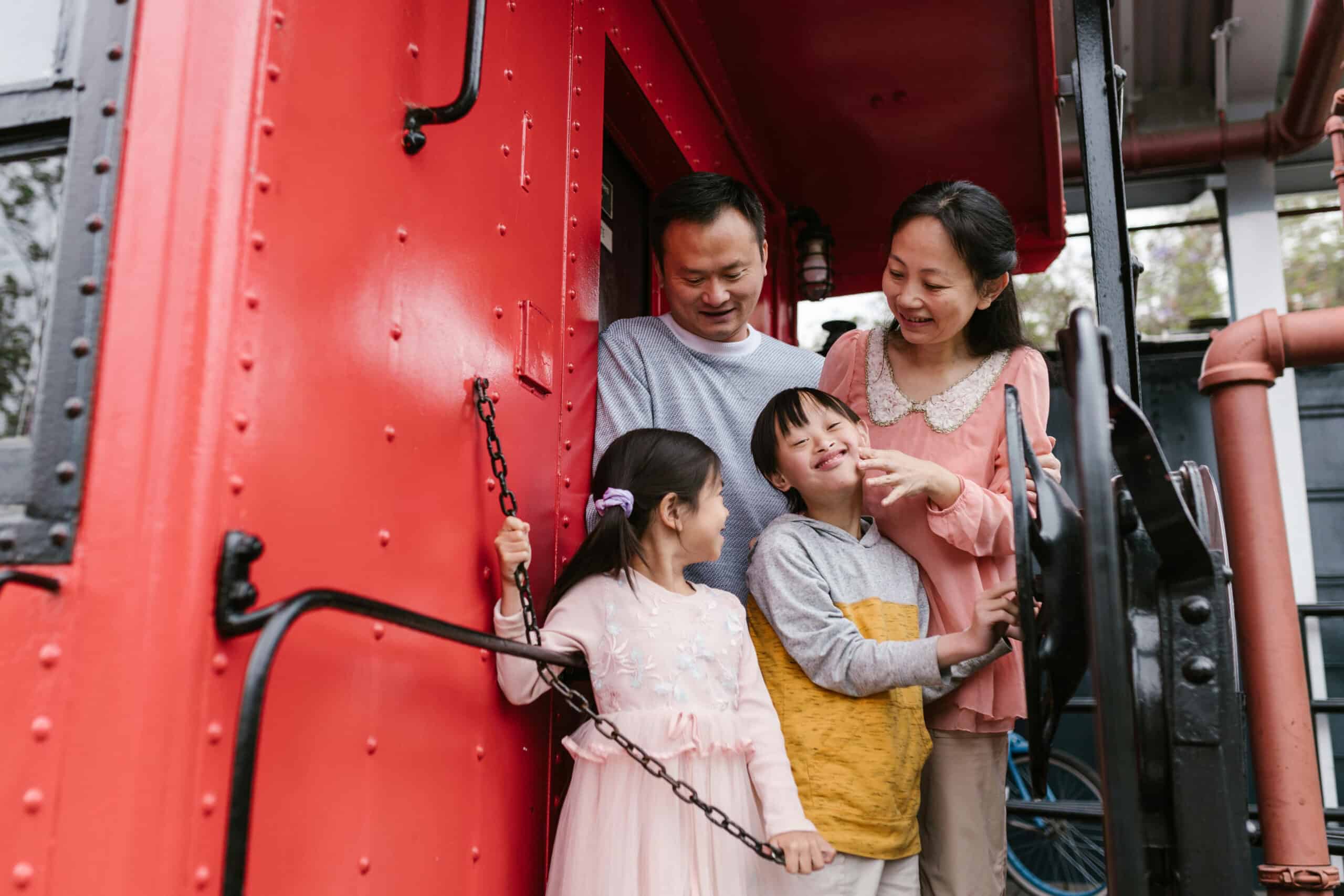
At the heart of every family with a child who has special needs is an unwavering love. Despite daily challenges, moments of laughter, resilience, and triumph shine through. Parents and siblings discover strengths and joy they never imagined, finding meaning in every small victory. This journey, while demanding, is also rich with hope and connection.
Conclusion

Understanding these 15 truths is a step toward a more empathetic and supportive world for families of children with special needs. Embracing individuality, showing patience, and offering genuine inclusion can transform lives. Every act of kindness and acceptance strengthens our communities and brings hope to those on unique journeys. By choosing compassion and involvement, we create a brighter, more inclusive future for all.
.article-content-img img { width: 100% }




